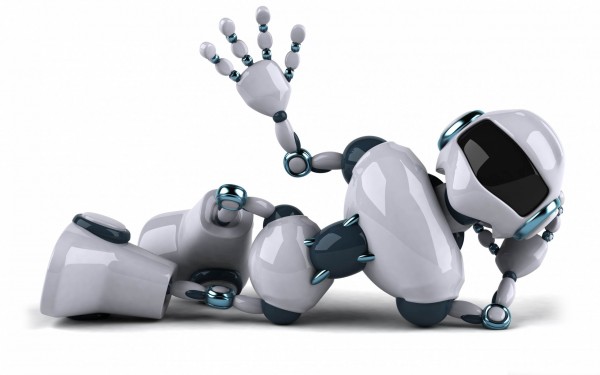We’re used to thinking that the jobs that are most likely to be taken over by automation are low-skilled ones: clerks, lowly paper pushers, assembly line workers. In contrast, those on the very high end of the wage scale – doctors, CEOs and hedge fund managers – seem like they will be comfortably insulated from the robot revolution.
But new research from McKinsey & Company, a consultancy, shows that that isn’t quite right. While there is a connection between a job’s skill level and the likelihood it will be automated, there are a lot of jobs that don’t fit that pattern. One example: CEOs, whose jobs will be more affected by automation than landscapers, the researchers say.
The researchers argue that the way we usually talk about robots displacing workers is misleading. We typically try to identify the jobs that will disappear because of automation. In the near term, however, very few occupations will be automated away entirely. McKinsey estimates that, with the technology available today, fewer than 5 percent of occupations could be entirely turned over to robots.
The more accurate way to think about this, they say, is not in terms of entire jobs, but in terms of activities. Few of us will actually be replaced by a robot. But there are tons of workers who will have part of their jobs taken away by automation. That category includes not only low-paid workers, but the most highly paid jobs in the U.S. – including doctors, hedge fund managers and CEOs.




Agreed about doctors though in my opinion the major area of computer takeover will be in analysis of the results of lab work and physical examinations. Medical symptom databases and analysis programs are already being used and can be a major help in diagnosis of regional diseases that doctors in another area have never, or very rarely, seen or just rare diseases.
The same with lawyers and finding legal precedents. Legal databases combined with A I programs can save a tremendous amount of legal research time and expense.
Computer Aided design (CAD) programs are already helping engineers with complex designs which would be difficult to impossible without their help.
The above are not really robots but they are computers taking over much of the grunt work involved in many skilled professions.